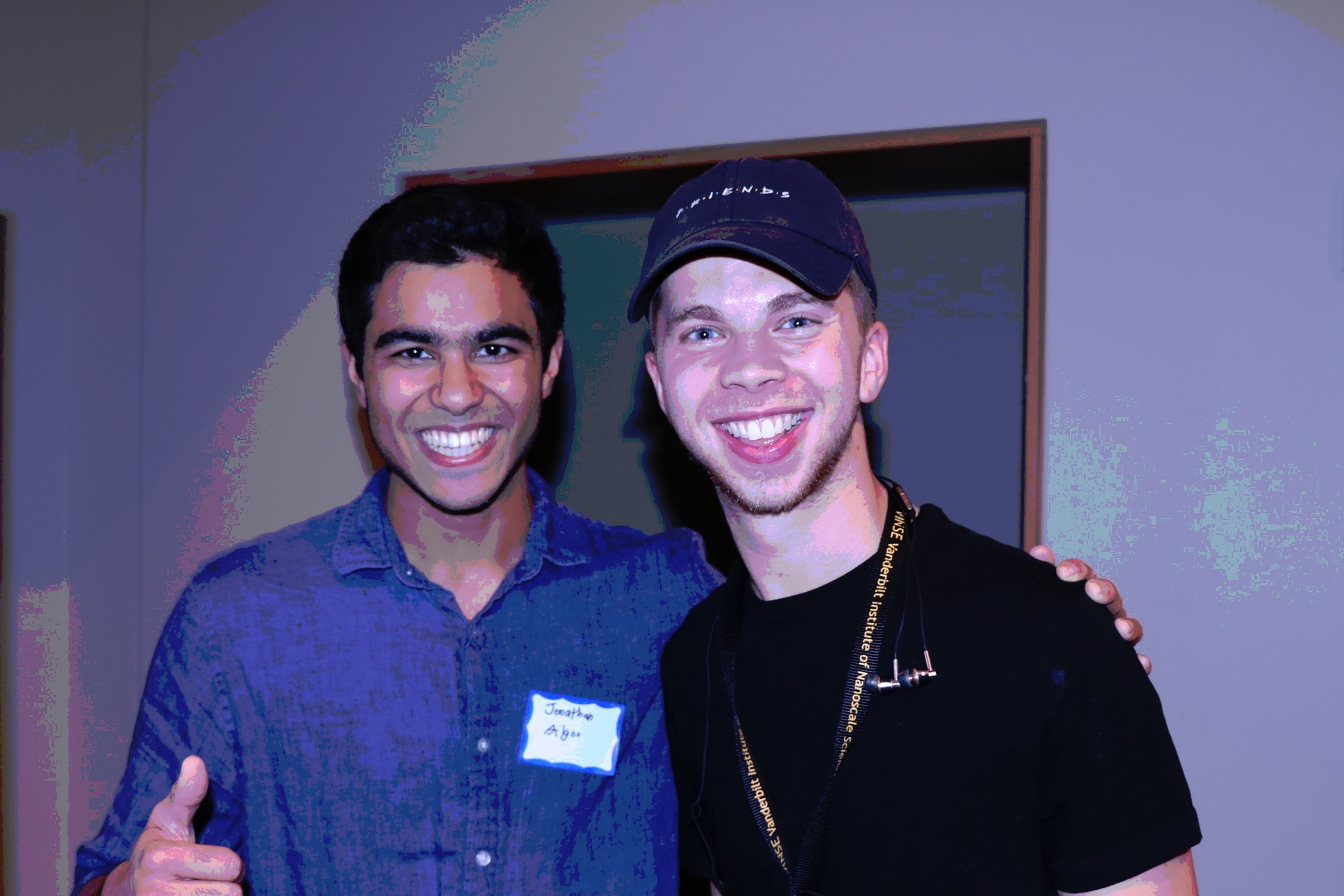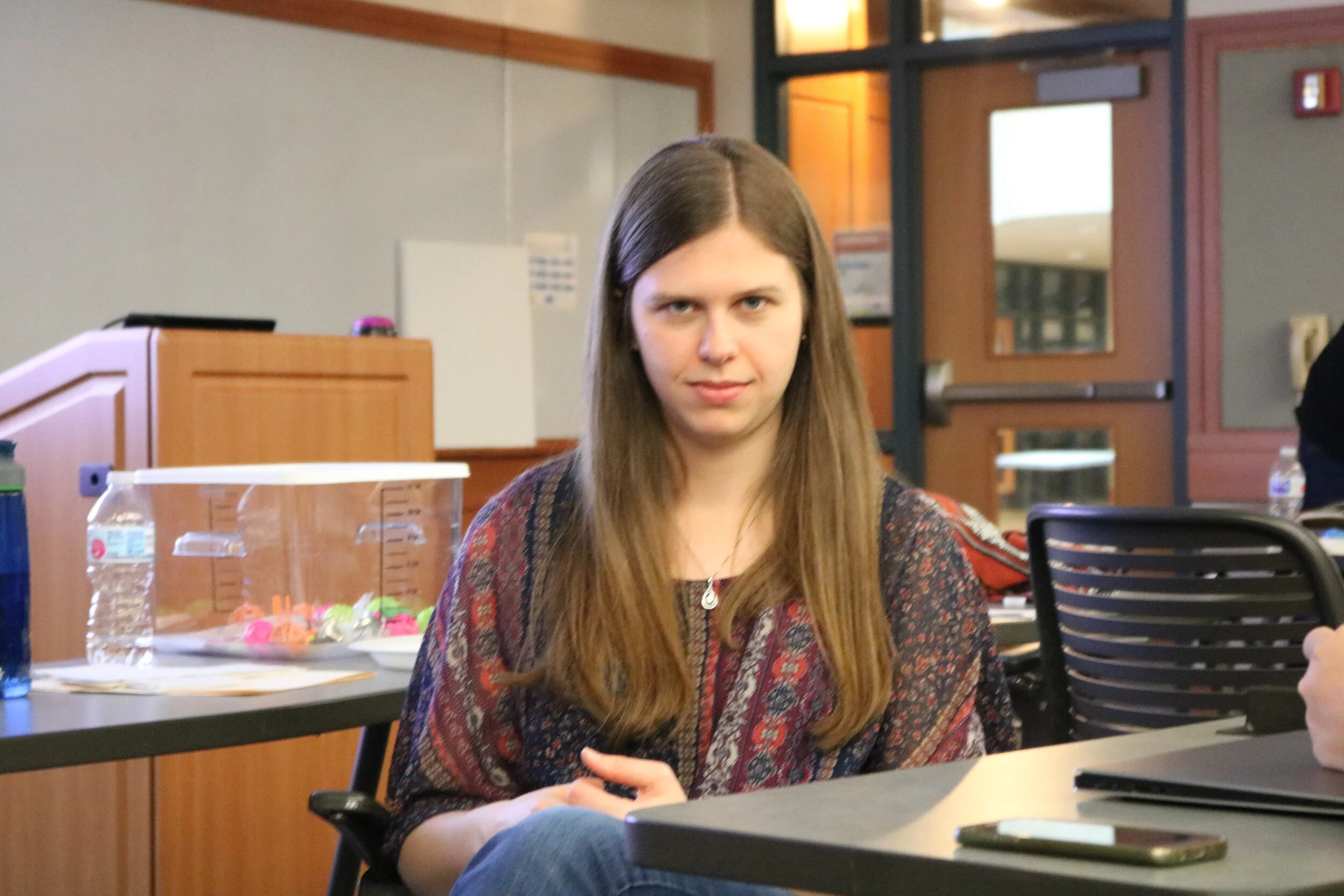Critical Thinking

Be an active learner and not just a passive participant
As you begin doing research, you will begin to learn and take in a lot of new information. Additionally, as you continue through SyBBURE you will be presented with not only new information, but also new challenges to solve and think through. As you are presented with these, you will need critical thinking skills in order to make connections between ideas, form your own opinions and evaluate various situations.
Critical thinking is defined by the Merriam-Webster dictionary as “the mental process of actively and skillfully conceptualizing, applying, analyzing, synthesizing, and evaluating information to reach an answer or conclusion”. This means that when presented with new information or a new question to answer critical thinkers will think deeply about the answer, make connections in their head and maintain objectivity while evaluating these new subjects. Through critical thinking you will be able to objectively and logically solve the various problems that you are challenged with in lab and in life.
Thinking Critically
8 steps for Critical thinking in science (Adapted from Carroll and Heik)
1. Challenge all assumptions. Don’t just accept what you are told.
2. Suspend judgement and keep an open mind.
3. Revise conclusions based on new evidence. Science changes all the time based on the results of new studies and that is okay.
4. Emphasize data over beliefs.
5. Always test ideas.
6. Even mistakes or failed experiments can be useful if you learn from them.
7. Be open to considering new ideas even when you know that you will not always accept a new idea.
8. Look for what others have missed.
Asking questions to answer questions
Often times to think critically you will need to ask and answer questions about what you were trying to evaluate. To help you do this here are questions you can ask when faced with a new problem to address the 8 steps of critical thinking listed above. Note: Depending on what you are evaluating some of these questions may not be relevant. How you need to think when reading a research paper will be different from how you think when evaluating what to do for your own research.
1. Where is this information coming from? What is the basis for the information? What are the biases of the person this information is coming from? What do I already know about this topic? Does it match the information I have been given?
2. What preconceived notions do I already have? Are they relevant? How do they match up with the new information? If I suspend the previously held beliefs how does that change my evaluation?
3. What is the new evidence? How was this new evidence produced? How was it analyzed? Do I agree with this analysis? How is it different from what I knew before? How does it affect the field you are in?
4. What does the data say? If your beliefs are not congruent with the data ask yourself why? And then ask yourself if your beliefs can be adjusted to be more congruent with the data. When analyzing the data ask yourself if you have any strong opinions or biases that could influence the data and then try to ignore those.
5. What am I trying to test? What are my ideas for testing this topic? Do the tests actually test my hypothesis?
6. What did I do wrong? How can I fix it? What have I learned?
7. What is the basis of this new idea? What are its merits? What do I not agree with? Why do I believe/ not believe this new idea?
8. What questions do I still have about this topic? What has not been considered yet?
Common Issues
Overthinking
Even after you reach a conclusion you still second guess yourself.
Spending too much time trying to think through a problem that you end up wasting time.
Irresponsibility
You just accept the first thing someone tells you
Not taking initiative
You are responsible for how you interpret ideas and data. You can ask for help or feedback on how you are interpreting something but you need to take the initiative and come up with your own conclusions instead of accepting other people’s thoughts.
Not responding well to feedback
Not listening to other people’s opinions and considering their ideas.
Do not confuse senseless arguing with critical thinking.
Thought Exercise: Alien tour guide
Pretend that you have been assigned the task of conducting a tour for aliens who are visiting the earth and observing human life. You're riding along in a blimp, viewing the landscape below, and you float over a professional baseball stadium. One of the aliens looks down and is very confused by what he sees. You explain that there is a game going on and he asks several important questions. Using critical thinking skills, answer these questions. Then ask yourself what assumptions did you make to answer these? What do your answers reveal about our culture and society?
What is a game?
Why are there no female players?
Why do people get so excited about watching other people play games?
What is a team?
Why can't the people in the seats go down on the field and join in?
References & Further Reading
https://wabisabilearning.com/blogs/critical-thinking/26-critical-thinking-tools-blooms-taxonomy
https://www.teachthought.com/critical-thinking/8-science-based-strategies-for-critical-thinking/
https://www.skillsyouneed.com/learn/critical-thinking.html
https://www.thoughtco.com/critical-thinking-exercises-1857246





